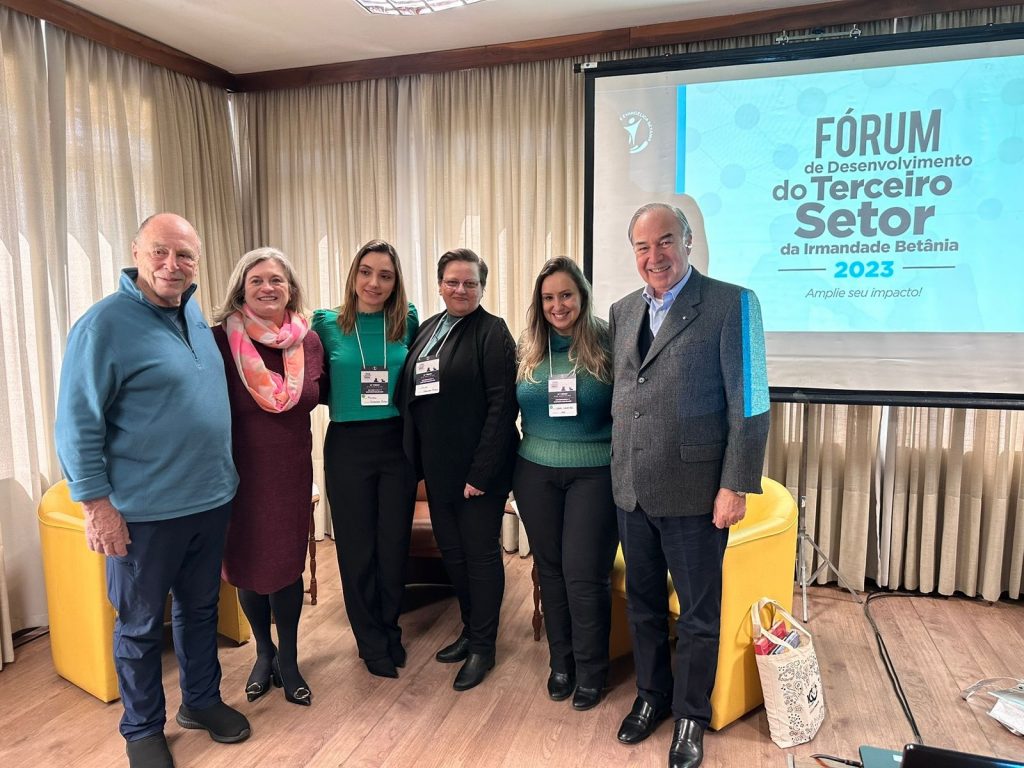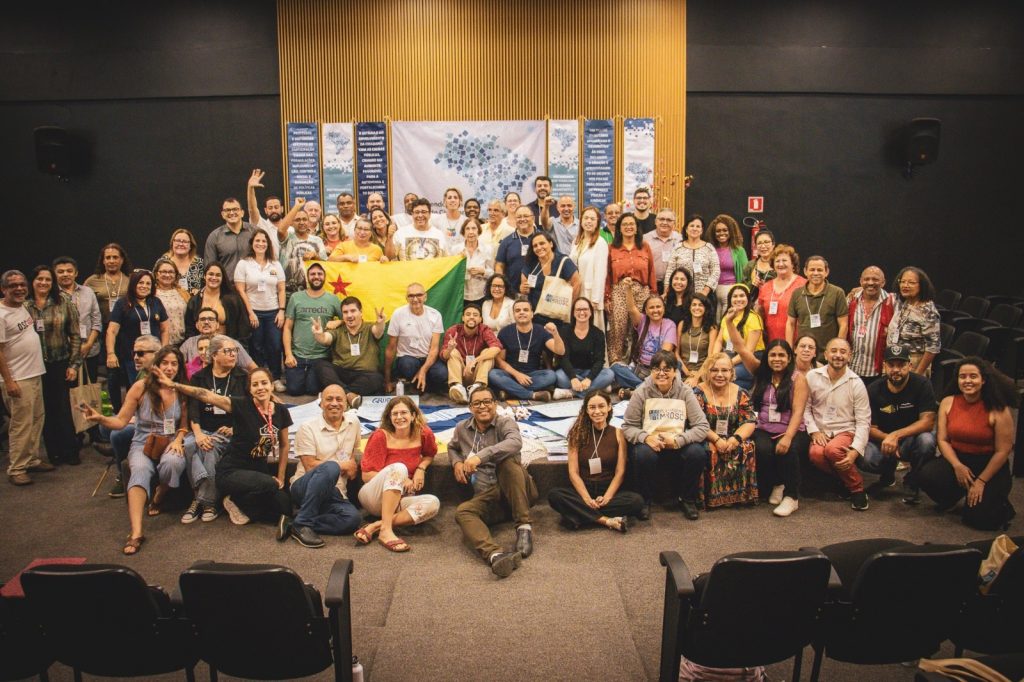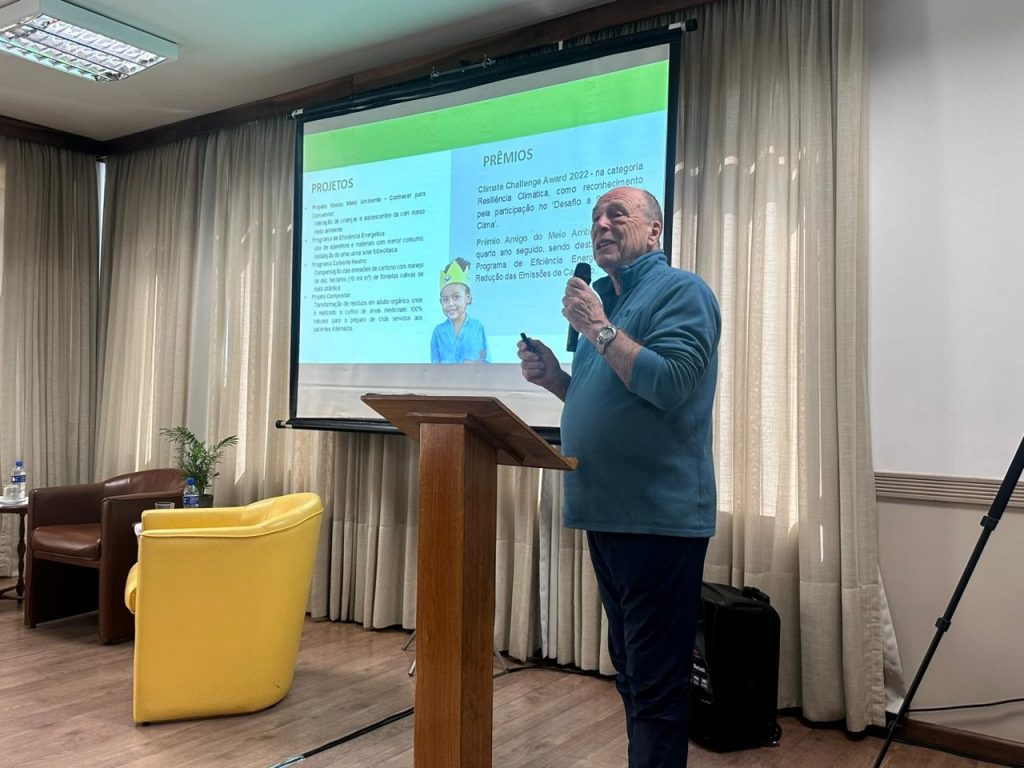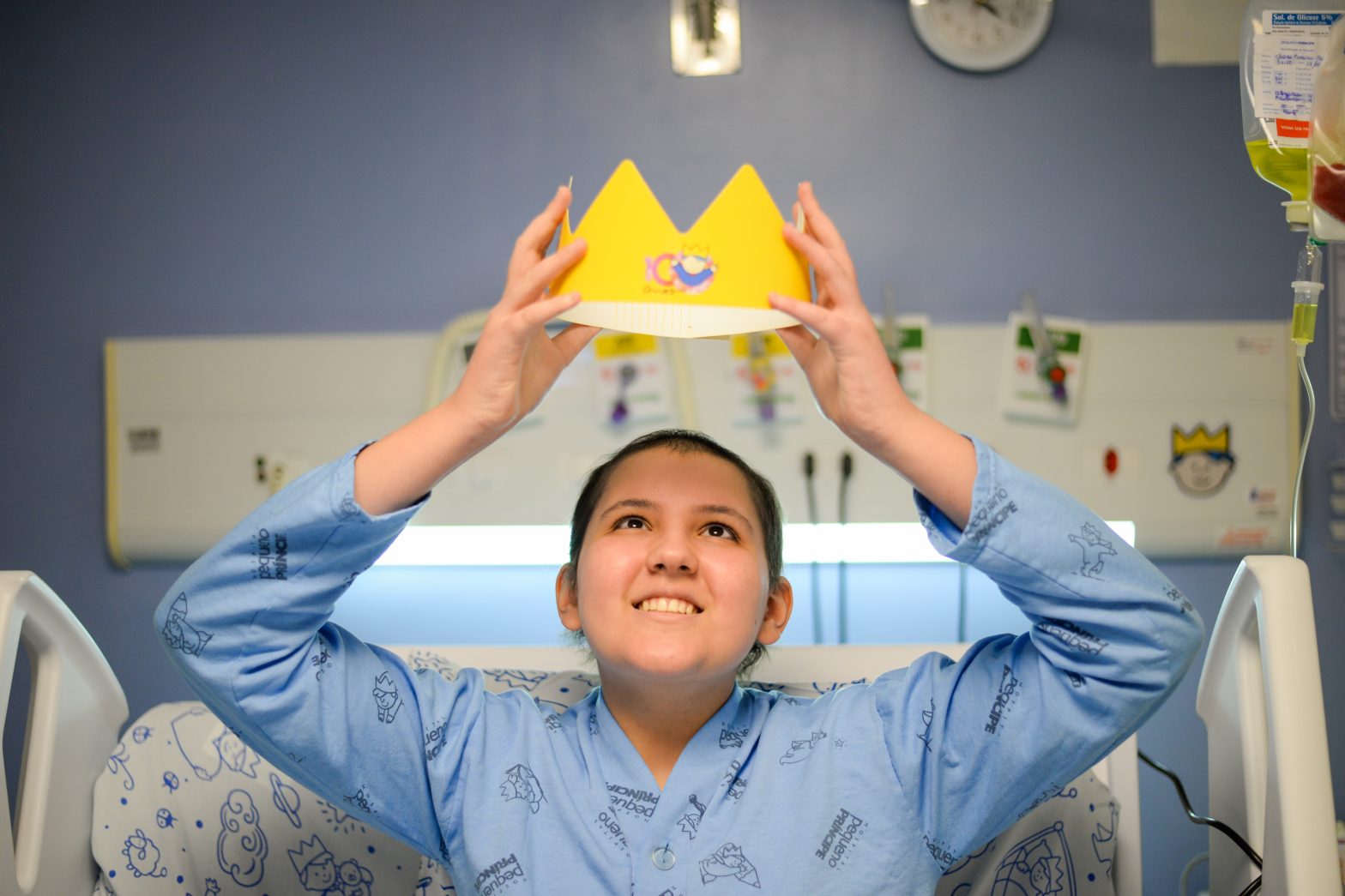Representatives from Pequeno Príncipe Hospital participate in discussions that strengthen the third sector
By participating in these events, the institution reinforces its commitment to the UN 2030 Agenda and to acting centered on ESG principles

As a philanthropic institution that allocates around 60% of its capacity to care for patients in the Brazilian Public Health System (SUS, abbreviation in Portuguese), Pequeno Príncipe Hospital has an essential role in philanthropy. To discuss topics that strengthen this ecosystem, the institution participated in two critical events in recent days: the XI National Meeting of Signatories of the MROSC Platform and the 14th edition of the Third Sector Development Forum. This action in networks and mobilization of collectives strengthens the Hospital’s institutional positioning beyond the provision of health services through concrete contributions toward the transformations necessary for a better world for everyone.
MROSC

The Platform for a New Regulatory Framework for Civil Society Organizations – MROSC Platform – is a representative network of various social movements, religious entities, civil society organizations (CSOs), institutes, private foundations, and solidarity economy cooperatives, created in 2010 to define a shared advocacy agenda for Brazilian civil society, in favor of improving its operating environment, whether through regulation or the production and appropriation of knowledge. Currently made up of over 2,000 organizations that are signatories to its charter of principles, the platform highlights the role of CSOs as a Brazilian social heritage and a pillar of democracy. At the event held at the beginning of September, representatives of these different organizations met to discuss current topics on this shared agenda.
“As signatories of the platform, we contribute to decisions about the future of the movement and how it will carry out its impact, which is crucial to favoring the legal and political environment of organizations like ours,” explains the special advisor to the Pequeno Príncipe board, Thelma Alves de Oliveira.
Third Sector Development Forum

The Third Sector Development Forum, organized by Irmandade Betânia at the end of August in Curitiba, promoted discussions on governance and sustainability in the third sector. The CEO of Pequeno Príncipe Complex, José Álvaro da Silva Carneiro, was one of the speakers and presented some of the institution’s practices that strengthen the ESG (environmental, social, and governance) agenda.
Irmandade Betânia is a philanthropic organization that operates in Curitiba and is also a signatory of the UN Global Compact, assuming the commitments of the 2030 Agenda. Annually, it holds forums aimed at third sector organizations, focusing on sustainability and the actions of organizations toward a more dignified life for all. “Given the event’s relevance, participating as protagonists and disseminators of information means consolidating the image of Pequeno Príncipe Hospital in society and reaffirming our actions centered on ESG principles,” highlights Carneiro.
More
Pequeno Príncipe has been elected one of the best hospitals in the world
The institution also appears as the best exclusively pediatric institution in Latin America in the ranking prepared by “Newsweek” magazine
Research Institute will have a research project financed by Finep
Scientist Luciane Cavalli’s study will investigate a very aggressive type of childhood cancer: neuroblastoma
Oncology and Hematology Service at Pequeno Príncipe Hospital turns 55
One of the oldest and most complete in Brazil, the service makes available humanized and excellent treatment – from diagnosis to the most innovative therapies – with a survival rate of 74%









